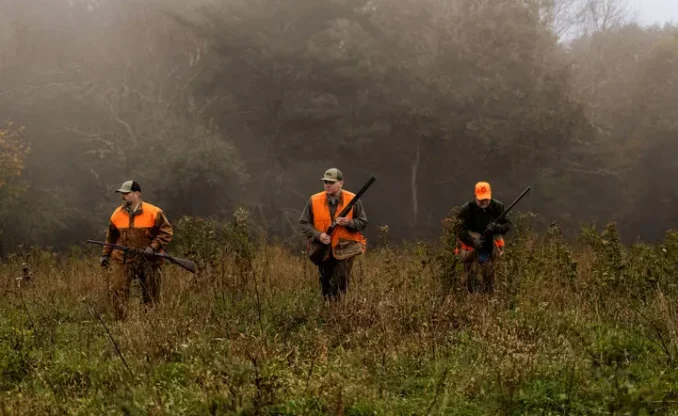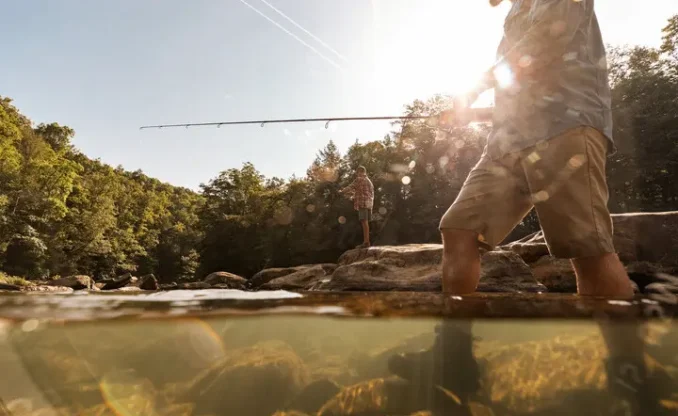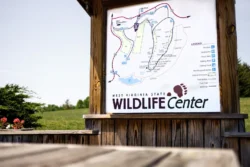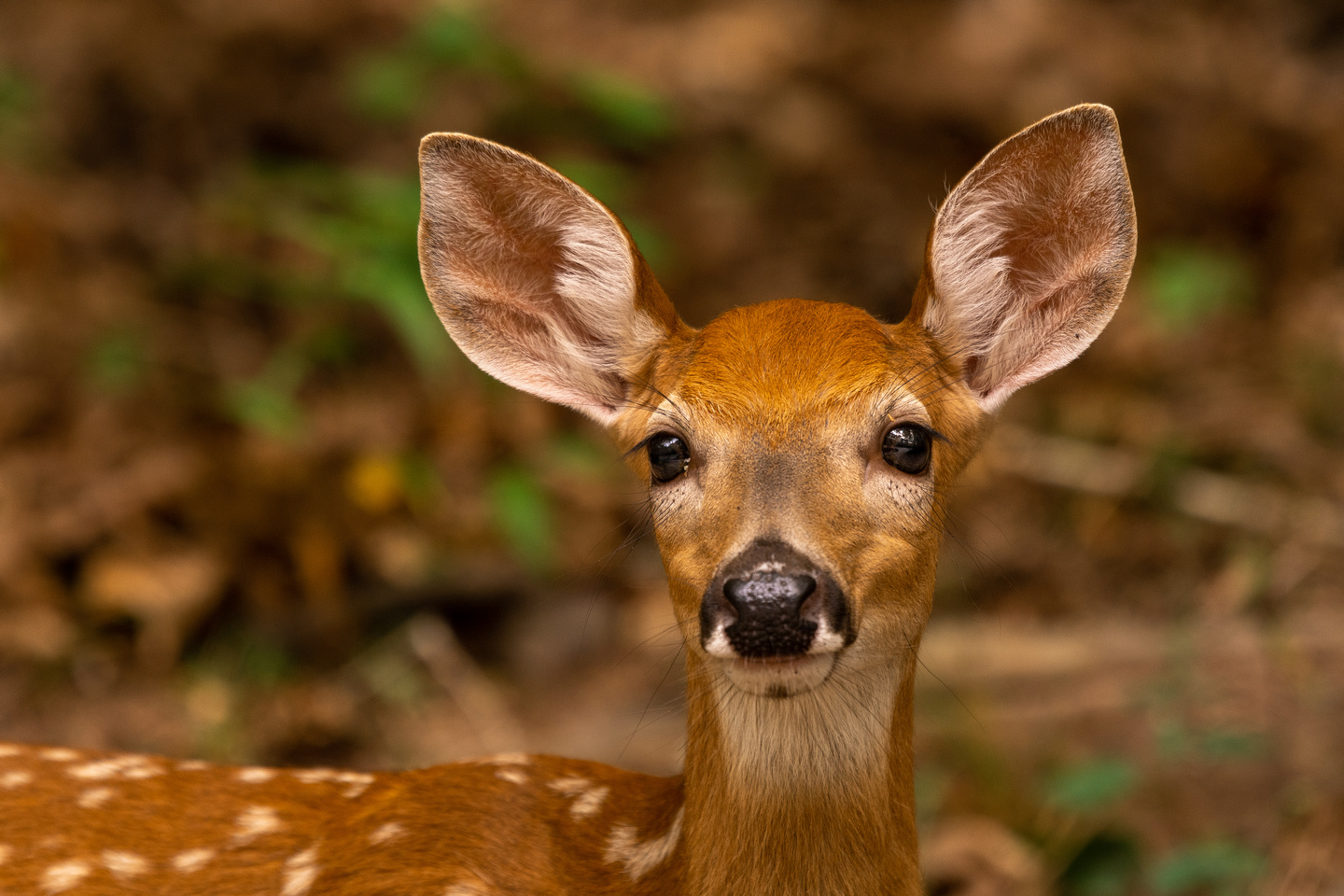Contact with wildlife can harm the animal and transmit disease and parasites
SOUTH CHARLESTON, W.VA. — With the arrival of spring weather and the emergence of young wildlife, the West Virginia Division of Natural Resources (WVDNR) is reminding people that possessing wildlife without a permit is illegal and that handling wild animals can spread disease and parasites that can be fatal.
“Watching young animals is a rewarding pastime and a great way to appreciate the beauty of West Virginia’s natural resources, but we want to make sure folks know that wildlife viewing must be done from a distance,” said WVDNR Director Brett McMillion.
Picking up, touching or even getting close to young wildlife can greatly increase the chance of the animal being harmed because predators are often attracted to the scent humans leave behind. Handling wildlife can also harm humans, as contact increases the risk of transmitting viral diseases and parasites, such as rabies, Lyme disease, roundworms and ticks.
“We receive a lot of calls about young wildlife, especially fawns, rabbits and birds that people think are abandoned or hurt, but that is hardly ever the case,” said Vinnie Johnson, a WVDNR wildlife biologist.
Does leave their fawns hidden for hours while they search for food. Fawns remain still while the mother is away, going undetected by predators because of their unique color pattern and near lack of scent. By approaching a bedded fawn, humans can leave behind a scent that can attract predators and put the animal at risk.
Young birds are often picked up because people assume they fell out of the nest. If the bird is pink and featherless and the nest is easy to reach, the nestling can be put back into the nest. Most of the time, however, the bird is fledging and has intentionally left the nest to learn how to feed and fly. These young birds are feathered and can hop or make short flights. Because of this behavior, people assume they fell out of the nest.
“While wanting to care for an animal is to be admired, we want to remind people that the best thing to do is to leave young wildlife alone,” said Johnson.
Possessing wildlife without a permit is illegal in West Virginia. Fines for the unlawful possession of a bear cub, fawn, squirrel, bird or any other wild animal range from $20 up to $300 and/or 10-100 days in jail.
To learn more about wildlife in West Virginia, visit WVdnr.gov.





